
Exciting new series on “Voice, Body and Movement for Lawyers – How to connect with the jury and find Justice Through Dramatic Technique!”
Click here to find out more
Many criminal cases involve eyewitnesses or other fact witnesses who provide important testimony based on their memory for relevant events. While expert witnesses may be called in certain types of cases to discuss the reliability of memory decisions (eyewitness identifications, delayed outcries, etc), typically the dynamics of human memory are only described in the vaguest of terms.
This course provides a thorough introduction to the systems and processes of human memories, with an eye toward how they could be important in any case involving memory-based testimony.
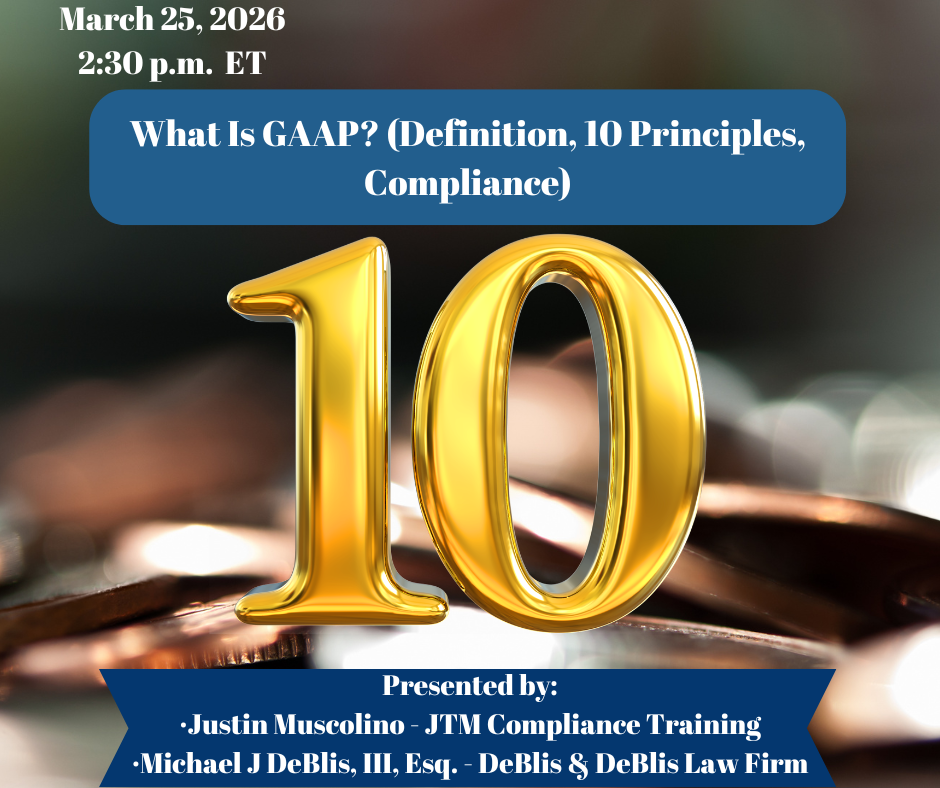
This course breaks down GAAP’s ten foundational principles and explores their compliance impli...
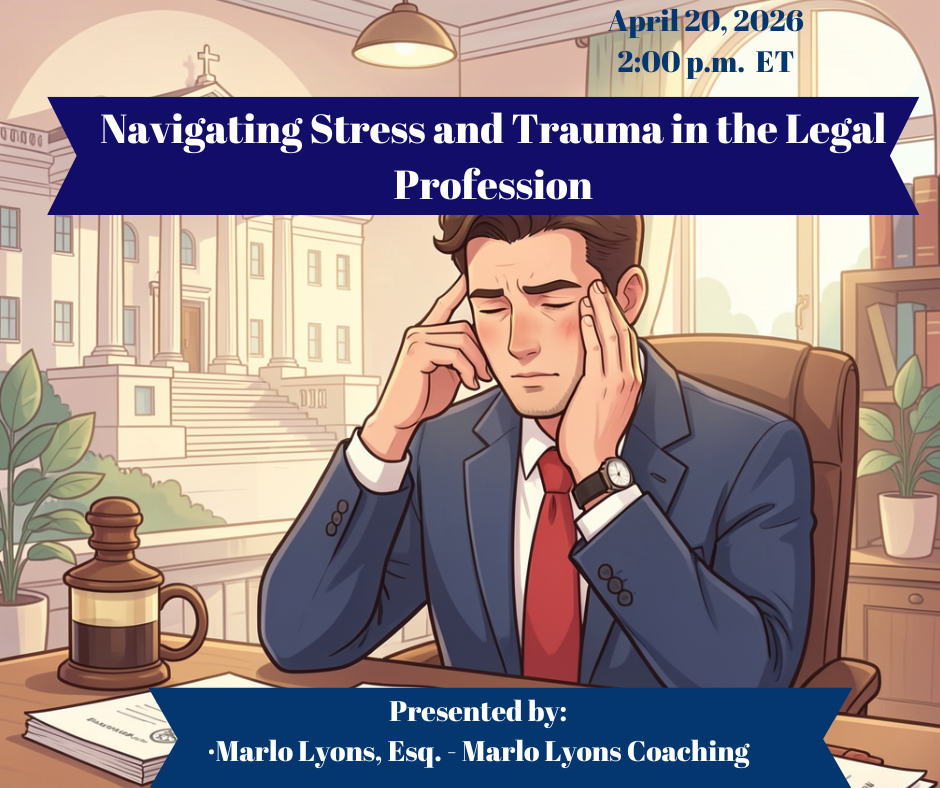
Navigating Stress and Trauma in the Legal Profession, explores the unique challenges faced by legal ...
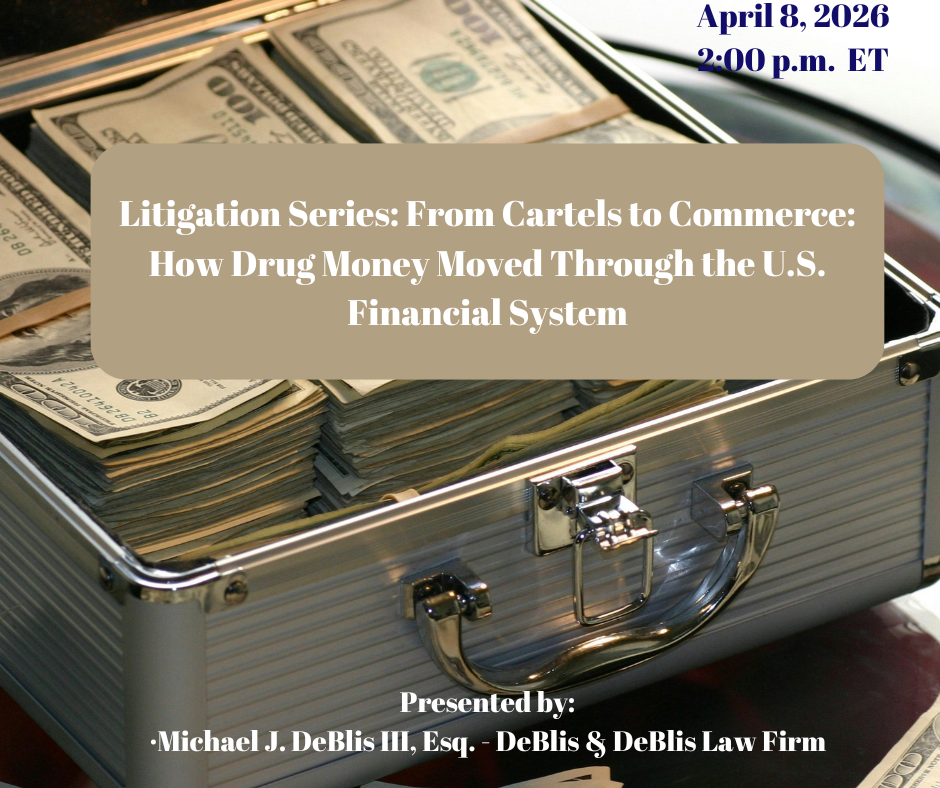
This program provides a detailed examination of the Black Market Peso Exchange (BMPE), one of the mo...
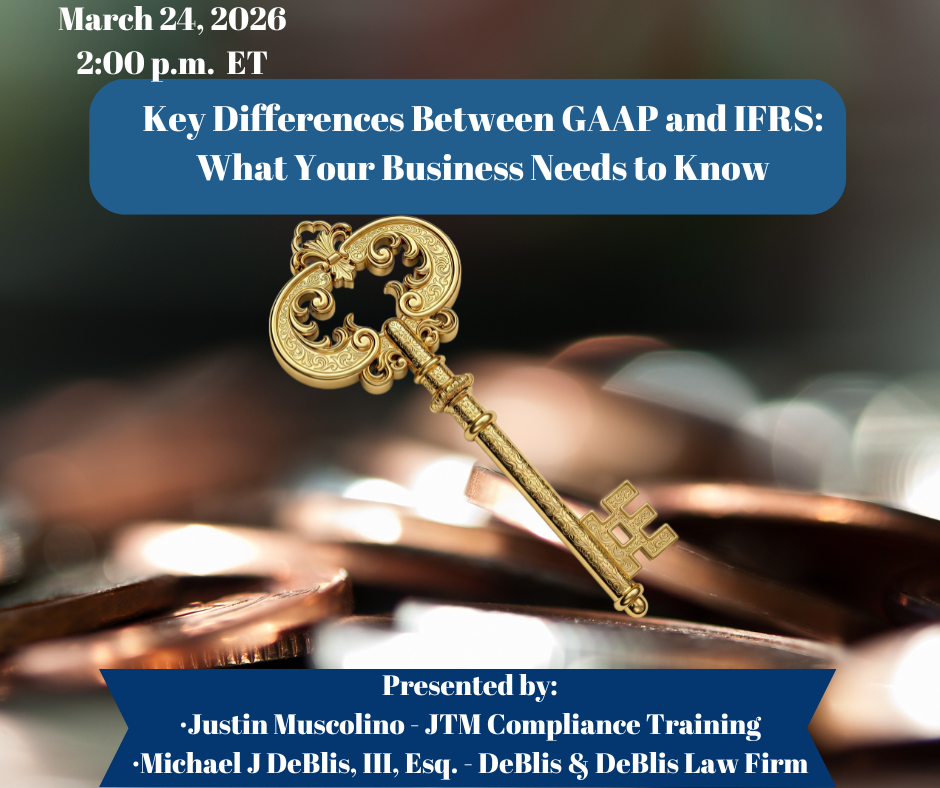
This session highlights the legal and compliance implications of divergences between GAAP and IFRS. ...
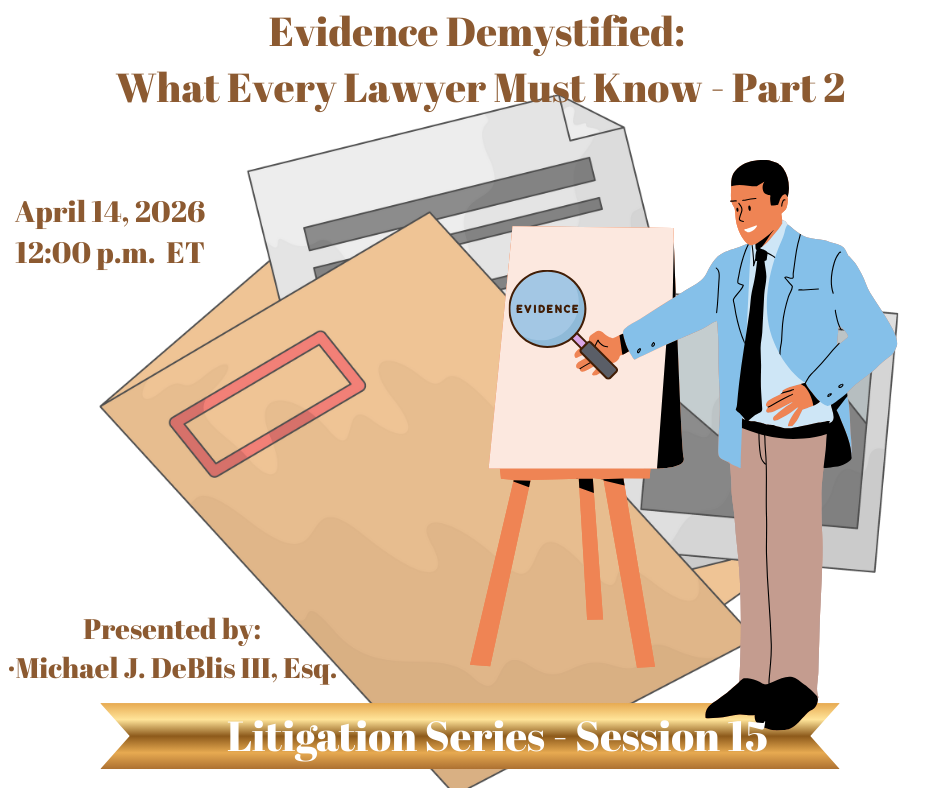
Evidence Demystified Part 2 covers key concepts in the law of evidence, focusing on witnesses, credi...
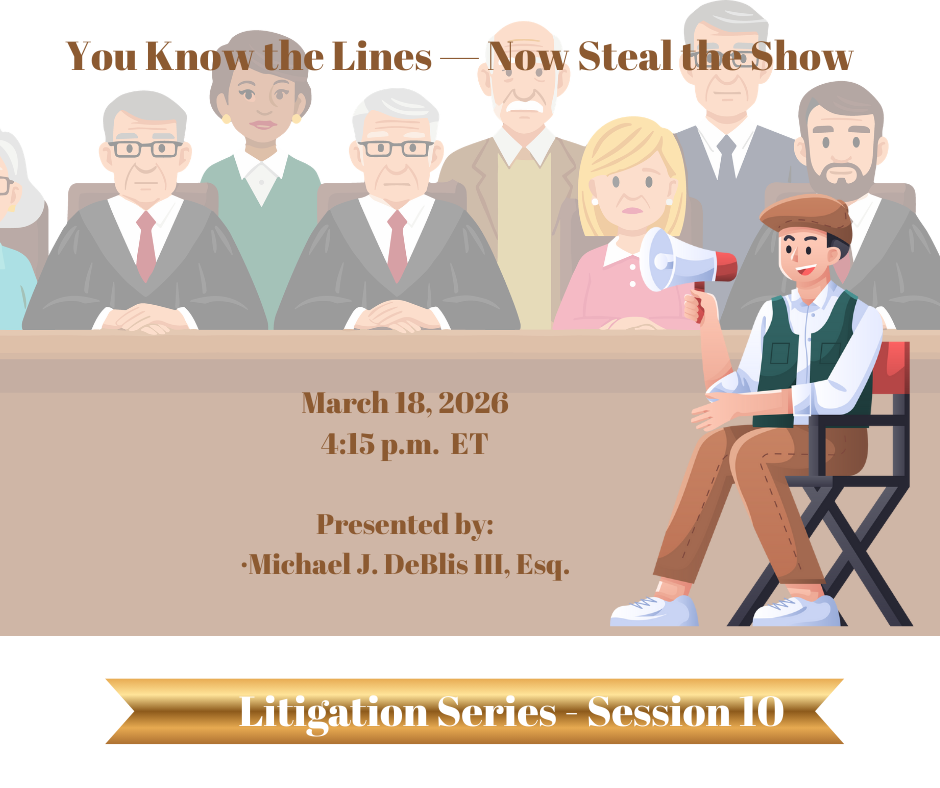
This presentation teaches attorneys how to deliver memorized text—especially openings and clos...
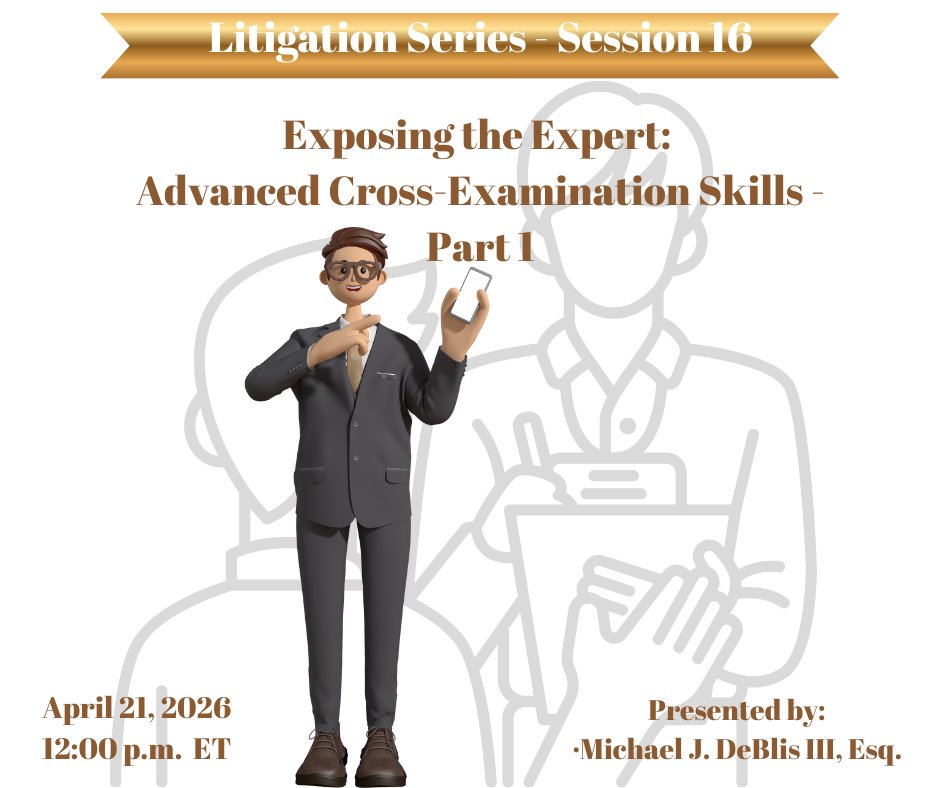
Part 1 - This program focuses specifically on cross?examining expert witnesses, whose credentials an...
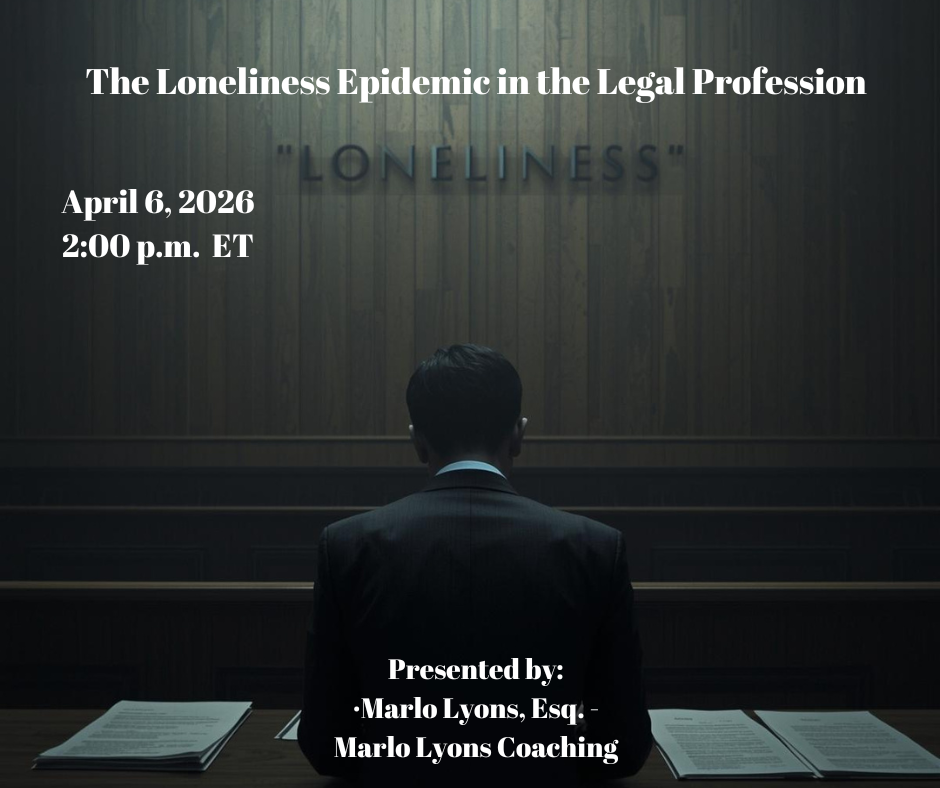
Loneliness isn’t just a personal issue; it’s a silent epidemic in the legal profession t...
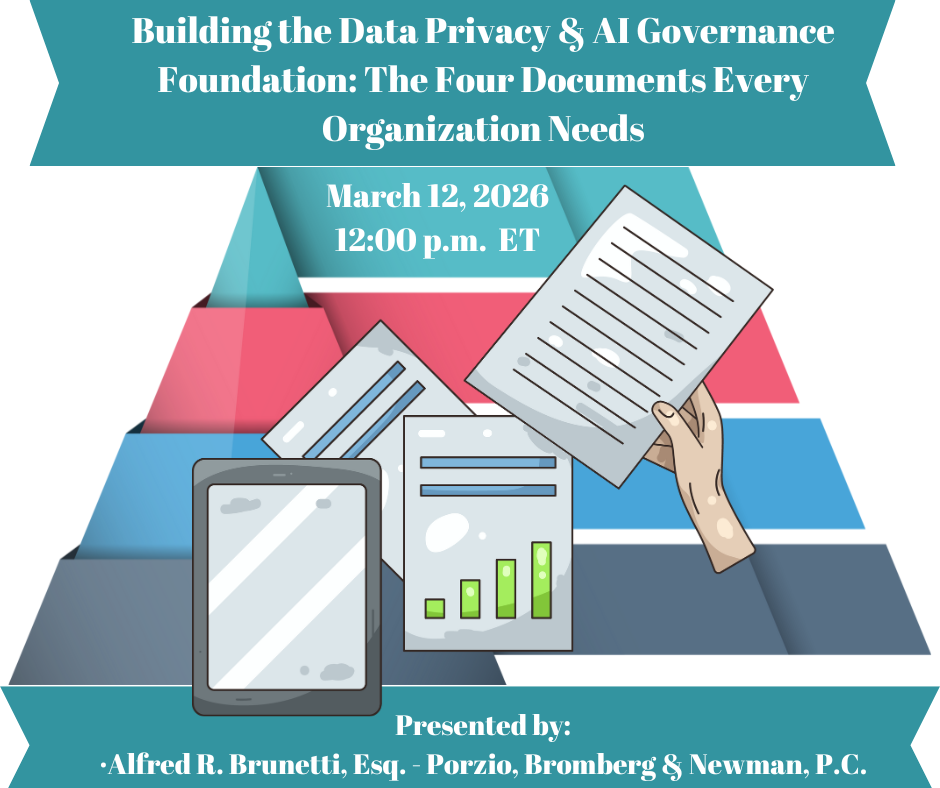
Effective data privacy and artificial intelligence governance programs do not happen by accident. Th...

The landscape of global finance is undergoing a seismic shift as traditional assets migrate to the b...